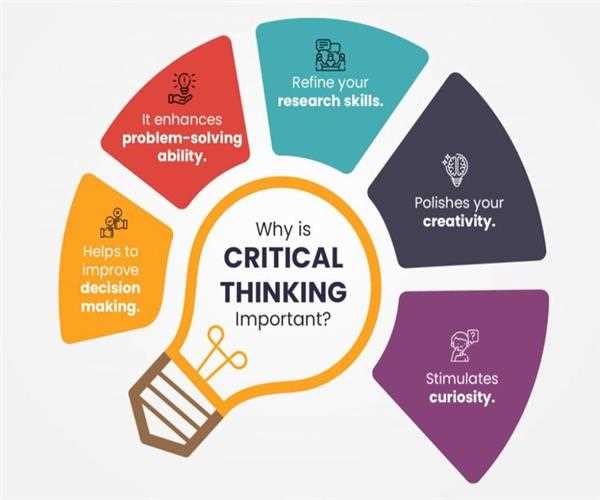Overview
Critical thinking involves an active and constructive (or creative) engagement of information that is analytical, rational, and introspective. It entails seeking to understand and probing deeper than mere assumptions, assessing the arguments, and flavors that we bring to the conclusion. Logic, on the other hand, is applied in making conclusions on the reliability of information, mutilation of arguments, as well as argumentation involving open-mindedness and an ability to change a stand when new details are produced. This skill is central to decision-making, problem solving, and communications in all fields of human endeavor.
Critical thinking skills should be taught in schools in order to have the student learn how to reason on their own and solve problems both in academics and in life. Schools educate students to use their reason and judgement in order to weigh the information, challenge the arguments, and find solutions to particular problems, which enable students to make reasonable decisions in a society that has become knowledge-intensive.

Problem Solving: Critical thinking enables students to solve problems systematically depending on the problem at hand. They are able to analyze what the problem is, consider the options that are available, and estimate the strengths and weaknesses of the alternatives before coming up with a final solution. This skill also helps them in coming with good grades in their tests and for them the real-life challenges by demonstrating a high logical outlook.
Informed Decision Making: I also believe that due to developing critical thinking skills, students become more equipped for evaluating the credibility of the information. Critical thinking helps the students in making rational decisions in not only academic contexts, such as while analyzing resources for a particular research project, but in everyday scenarios of life.
Creativity and Innovation: However, critical thinking, which is frequently found and linked with logical analysis, is very constructive when it comes to creativity. This way, students focus on the possibilities of creating something new—new forms and approaches to a particular problem, new ways to approach tasks. This fosters a culture of development as well as the spirit of embracing change continually.
Lifelong Learning: Critical thinking encourages receptiveness in people or their willingness to be sensitive to new ideas. They maintain the student's curiosity level high, make the student continue searching for new information, and perpetually be prepared to change. These are beneficial characteristics that make the students able to learn at other levels in the future and also to be in a position to take thresholds and advancements in the future.
Civic Engagement: In such democracies, there is a need for citizens to engage in reasonable and rational thinking, especially in politics. In doing so, it enables people to critically evaluate politicians’ speeches, appraise policies, and debate contemporary matters. Thus, through critical thinking education, schools prepare intelligent and active citizens for society.
Thus, critical thinking inculcation in schools is not only an intellectual process but an important factor in students’ preparation for further life. Right from logical and analytical ability and measures to aesthetic skills and pragmatic thinking to decision-making and concern for the society, these have become basic requisites for success in a fast-changing society.